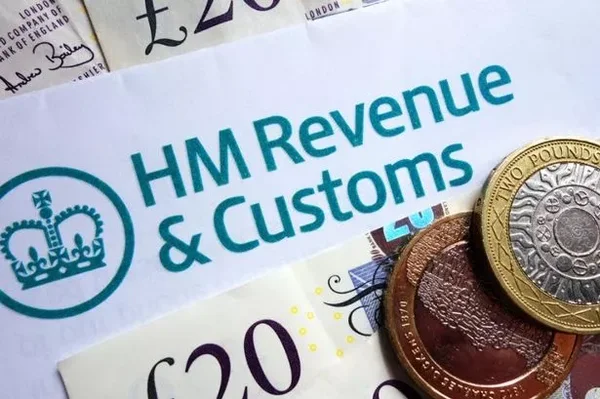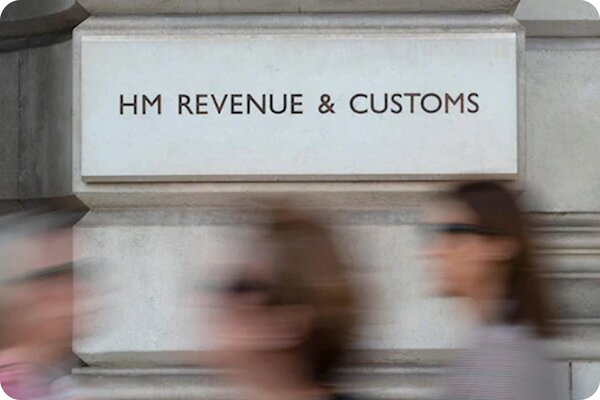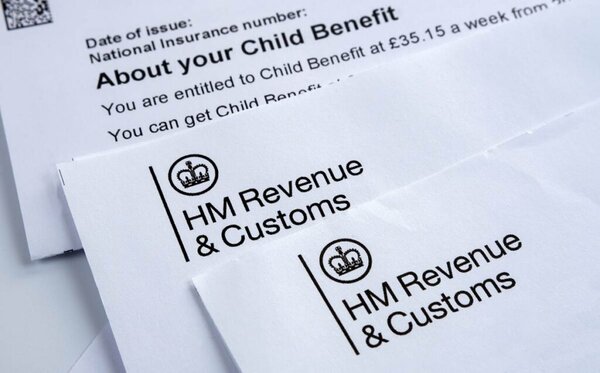Introduction
A coalition of property specialists and economists has called for the reform or abolition of stamp duty in the United Kingdom, arguing that the tax distorts the housing market and places unnecessary financial pressure on buyers.
With the government’s Autumn Budget approaching, these calls have gained momentum, increasing attention on how the tax affects mobility and affordability. Chancellor Rachel Reeves is expected to address these concerns as the Treasury reviews the current property taxation framework.
Calls to abolish stamp duty
Property experts have spearheaded calls for Chancellor Rachel Reeves to abolish stamp duty, often referred to as a “sin tax” by critics for its punitive effect on buyers. Television presenter Kirstie Allsopp, known for her work on property programmes, has stated that “people are in a panic” over possible changes to stamp duty and are thus holding off on transactions.
Allsopp emphasised to policymakers that “buying property is not a vice”, comparing the tax to levies on items such as cigarettes and alcohol, and warned, “You are actually punished for wanting to buy a more expensive property than the previous one, and that is wrong.”
Impact on home buyers and housing market
Industry analysts warn that stamp duty significantly increases the upfront cost of moving home. According to Richard Donnell, research director at property website Zoopla, the average stamp duty bill for a home purchase in England is about £16,000, which equates to roughly 3% of the typical property value.
Donnell explained, “It is quite a big hit to buyers,” and argued that the tax “traps many prospective homeowners outside the market and increases pressure on the already stressed rental sector.”
Expert perspectives on the levy
While stamp duty reliably generates substantial revenue for the Treasury and is considered hard to avoid, many economists agree that it discourages residential mobility and creates inefficiencies within the market. Kate Willis, technical officer at the Chartered Institute of Taxation, commented, “It’s relatively easy to collect.
It’s quite difficult to avoid. It raises revenue. But economists are almost universally agreed that it does distort economic activity.”
Suggestions for alternative taxation
Some experts and commentators have advised replacing stamp duty with a broader and less punitive property tax. Notably, Tim Leunig, an academic and economic adviser, has questioned the logic of taxing property purchases but not other significant expenditures.
He said, “If you are going to have a wealth tax, you should have a wealth tax, rather than isolating one form of wealth.” Proposals for an annual property tax or a comprehensive wealth tax have been floated, aiming to reduce distortions and improve fairness.
Political context and upcoming budget
The mounting pressure coincides with the government’s preparation of its Autumn Budget, with Chancellor Reeves scheduled to deliver new policy proposals later this month.
The Treasury is reportedly considering a comprehensive overhaul of property taxes in response to continuing concerns from both the property sector and the public over affordability and housing supply.
Final Summary
The debate over the future of stamp duty in the United Kingdom highlights broader concerns about housing affordability and market fluidity. While the levy delivers crucial revenue, mounting evidence suggests it may hinder buyers and limit access to home ownership.
As policymakers deliberate possible changes in the upcoming Autumn Budget, stakeholders across the economic and political spectrum are watching closely for measures that could ease costs for families and reinvigorate the housing market.
For those interested in detailed tax updates and property sector analysis, the Pie app provides valuable insights and alerts.











